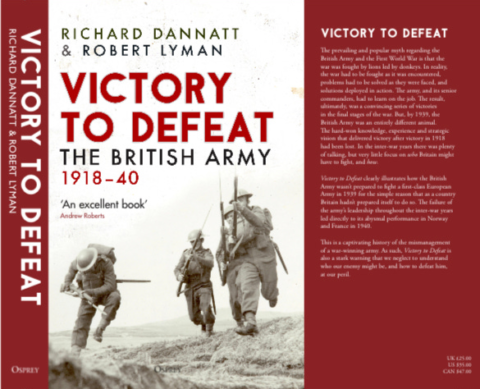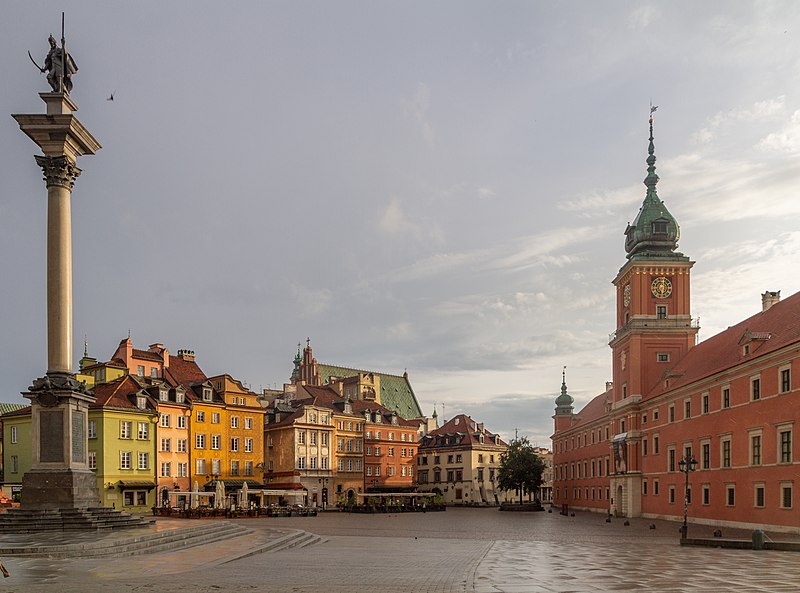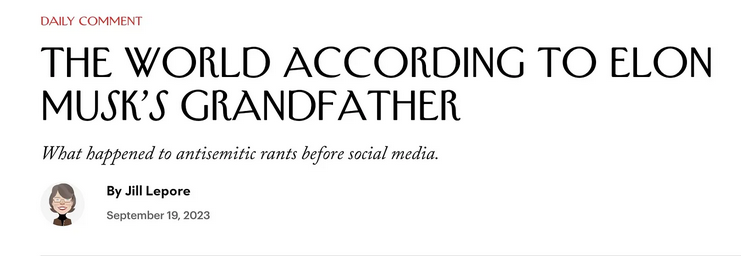In The Critic, Peter Caddick-Adams discusses the North Korean leader’s special train, used to transport Kim Jong Un to destinations within North Korea and further afield to Russia, China, and other rail-accessible destinations:
It was pulled by two heavy locomotives. Next an armoured anti-aircraft wagon. After the baggage car came the leader’s steel-plated Pullman, followed by a command coach containing a conference room and communications centre. Connected to them, the 22-man security detail travelled in their own rolling stock. Beyond was a dining car, two coaches for guests, and of all things a bathing wagon, then a second dining car. Bringing up the rear were two sleeping cars, a press wagon for the news hounds, another baggage car and finally another anti-aircraft wagon. The coachwork was of the finest materials, hardwoods and high-grade leather, armour-plated, and bristling with guns and radio antennae. Outside in all weathers, day and night, other protective guards swept along the tracks.
There was something charmingly old fashioned about the decision of Kim Jong Un, leader of North Korea, to travel by train to meet his fellow dictator, Vladimir Putin. Over here, even when buffered by a railcard, Network Rail can sometimes fail spectacularly as an ambassador for this effortless mode of transport. Yet, we forget how important journeying by train was and remains. Important figures frequently opt for the smooth clickety-clack over air or road for their expeditions. The method is discreet, away from prying eyes, yet connected to a nationwide network that avoids congestion. Passengers can wine and dine, sleep, relax, study, converse and think. Rail lines are easy to guard, whereas the boulevards are full of threatening traffic and potential ambush points. Franz Ferdinand, Reinhard Heydrich, Charles de Gaulle and John F. Kennedy found this out to their cost between 1914 and 1963. Fatally in three out of four cases.
Some leaders have a phobia about flying. Stalin was one, which was why the only summit meetings he attended, at Tehran, Yalta and Potsdam, were ones connected to Moscow by rail. Perhaps President Putin, a known fancier of custom-built rolling stock, will now fear a weird kind of Karma for having arranged the eternal flight of his former chef, Yevgeny Prigozhin. The president has several trains, each containing an identical office to those in his state dacha, the Kremlin and St Petersburg. All look the name, making it impossible for the viewer, and potential assassin, to know where he is. Maybe his long-distance travel plans will be dictated by iron roads from now on?
[…]
The North Korean’s father, Kim Jong Il, hated taking to the air, instead relying on his old green-and-yellow-liveried rolling stock to convey him around his hermit kingdom. Loaded with extravagant foods, fine wines and attended by glamorous staff, the elder Kim used it on the last state visit of a North Korean to Russia in 2002. “It was possible to order any dish of Russian, Chinese, Korean, Japanese or French cuisine,” remembered one journalist. “Live lobsters were taken to stations along the route, with cases of Bordeaux and Burgundy”. However, the size, opulence and weight of this upmarket rolling McDonald’s restricted its speed to a graceful 40mph. Kim Senior’s Great Continental Railway Journey took one month. Michael Portillo, eat your heart out.
Paranoid about their personal security, the Kim family have traditionally relied on around 90 special carriages, usually made into three trains. The first handles advance security; the next carries the Kim entourage; whilst the last houses bodyguards and other personnel. The middle train, with its wall-mounted lighting, beds, sofas and armchairs reupholstered in “tasteful” reddish-pink leather (I know), was the one in which the current Kim lounged on his way to summits in Beijing and Hanoi, and travelled south in 2019 to meet President Trump in the Korean Demilitarised Zone.
The recent state visit of Kim aboard the twenty-hour Pyongyang to Vladivostok Express, no stops, should give us pause for thought. With him travelled officials closely connected with his weapons development and military science teams, and his younger sister, Kim Yo Jong. In addition to being the regime’s propagandist-in-chief, she acts as gatekeeper to her overweight, chain-smoking brother, who became leader after the sudden death of their father in 2011. Kim’s North Korean Night Mail carried a significant assembly of his regime’s inner circle.















